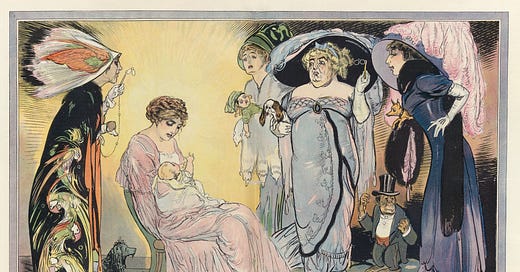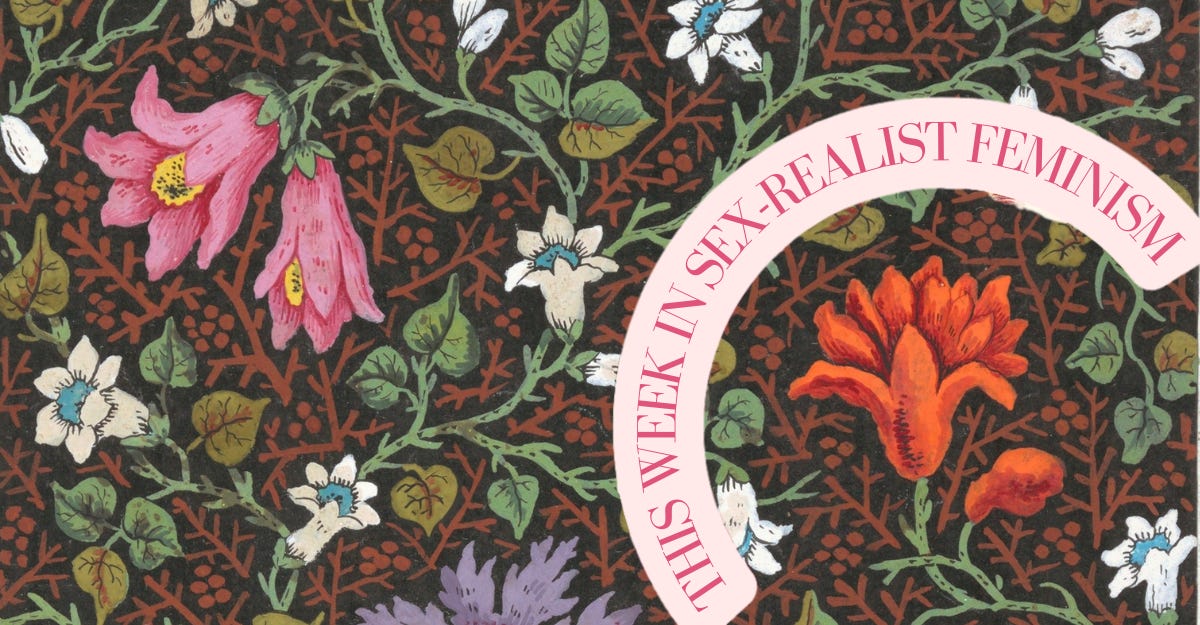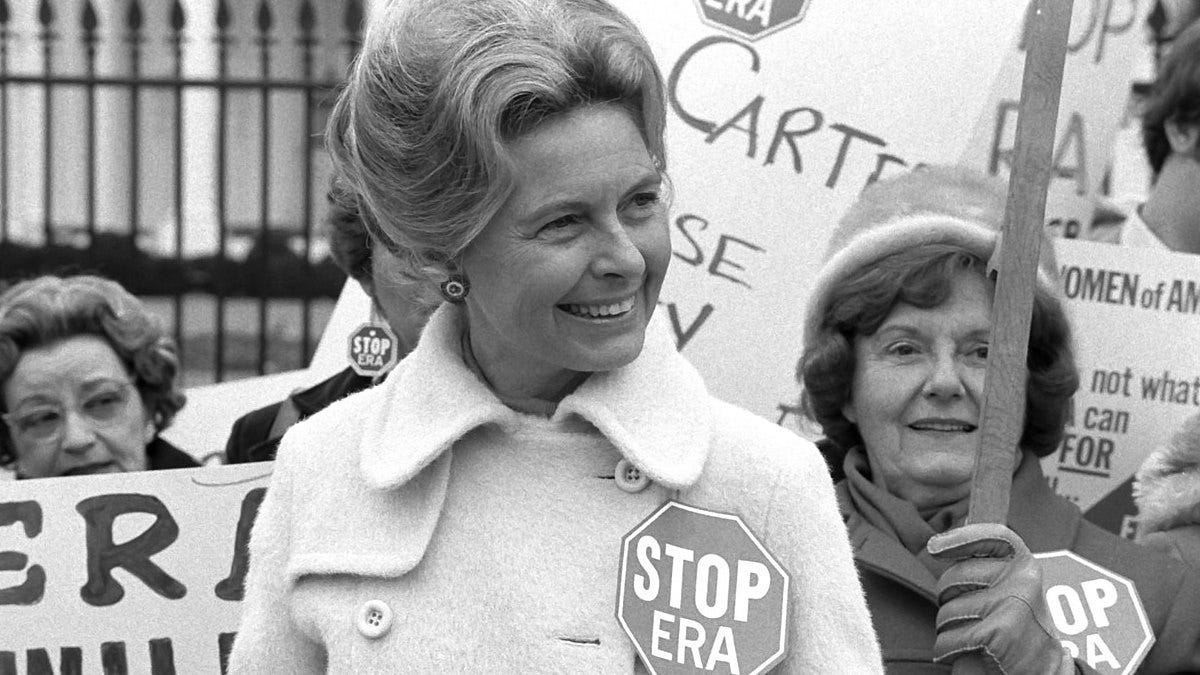Why Is Hollywood Scared of Moms?
Horror movies about evil moms share two particularly fascinating characteristics.
This week, film critic Joseph Holmes explores a strangely common Hollywood genre: horror films about mothers, which often present pregnancy as an invasion and marriage as an insidious form of brainwashing. Why is this theme so prevalent, especially when the data indicate that married moms are the happiest demographic in America?
Why Is Hollywood Scared of Moms?
Joseph Holmes
It is true that women become biologically attached to their children in a way that fathers simply do not—at least not without actively choosing to do the work of caregiving.…
Yet the fear portrayed in these movies spreads out wider than this. It is not just the fear of your own body turning against you but also of your fellow women turning against you. Whether it’s the nuns in Immaculate and First Omen, the handmaids in A Handmaid’s Tale, the wives in Stepford Wives or Don’t Worry Darling, or the bene gesserit of Dune: Part Two, this motif—of fellow women who are in happy relationships with men, yet who pose an existential threat to other, independent women—is overwhelmingly common.
This Week in Sex-Realist Feminism
This week: Leor Sapir on the American Society of Plastic Surgeons, Julie Bindel on the dark side of the global surrogacy industry, and Leah Libresco Sargeant on the false promises of IVF.
Plus: Christine Emba on the song of the summer, Olivia Reingold on the Elizabeth Holmes of FemTech, Patrick Brown on childcare reform, Victoria Smith on why women shouldn't stop complaining—and more!
From the Archives
Phyllis Schlafly—the woman who single-handedly defeated the Equal Rights Amendment—would have turned 100 this week. Although Schlafly made her name fighting “the feminists,” Featured Author Holly Lawford-Smith asks: are we really sure she wasn’t one?
Was Phyllis Schlafly a Feminist?
Holly Lawford-Smith
“Schlafly’s reasons for resisting the ERA should be eerily familiar to gender-critical and “sex-realist” feminists. Throughout the essays collected together in her 2003 book Feminist Fantasies, Schlafly emphasized the importance of sex differences and of laws and policies that respond to those differences.”






